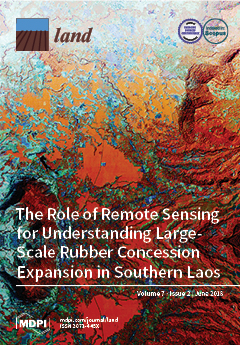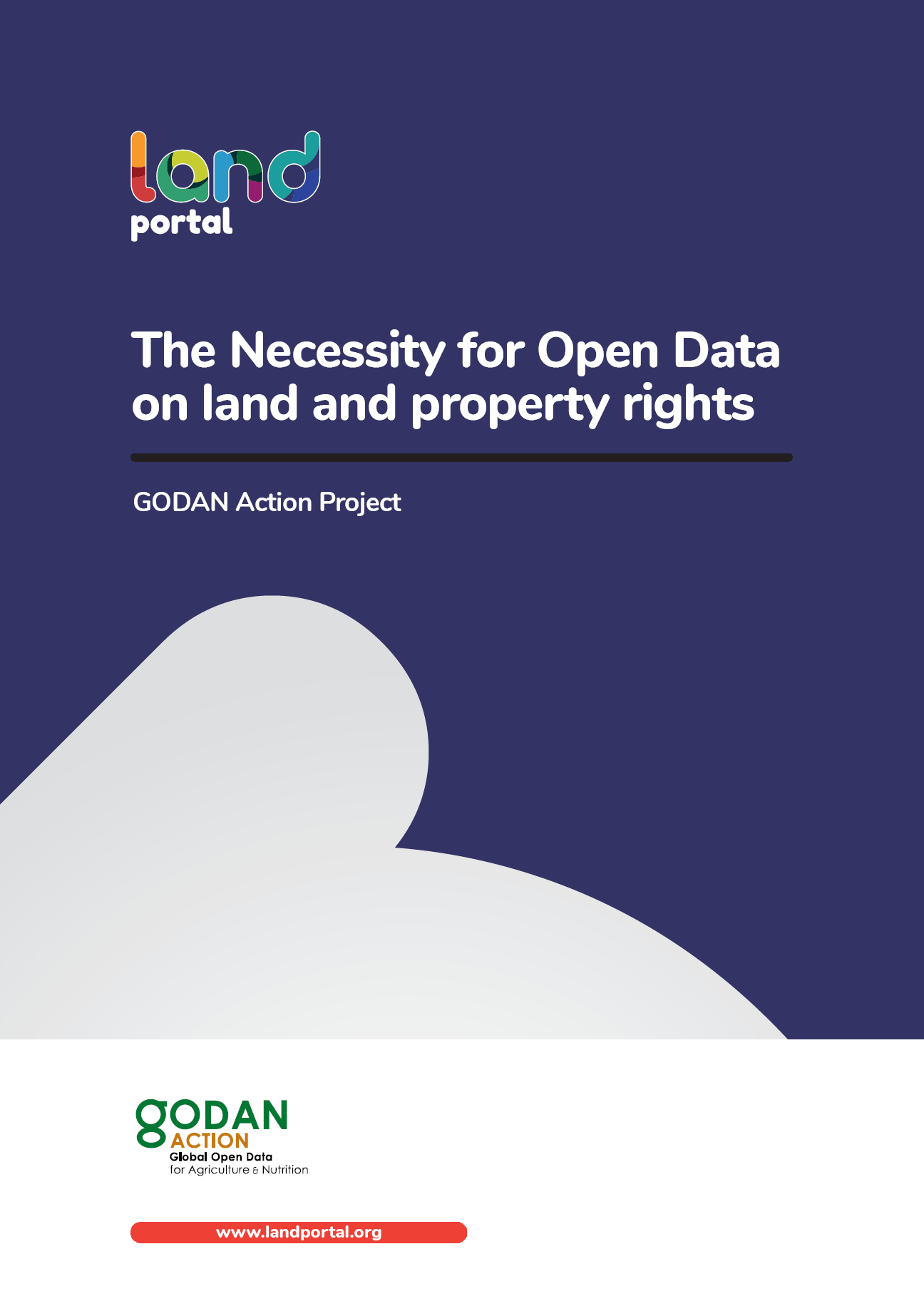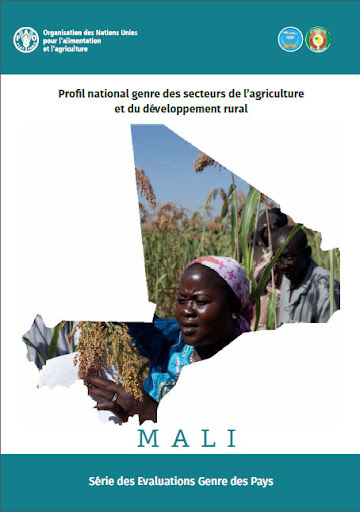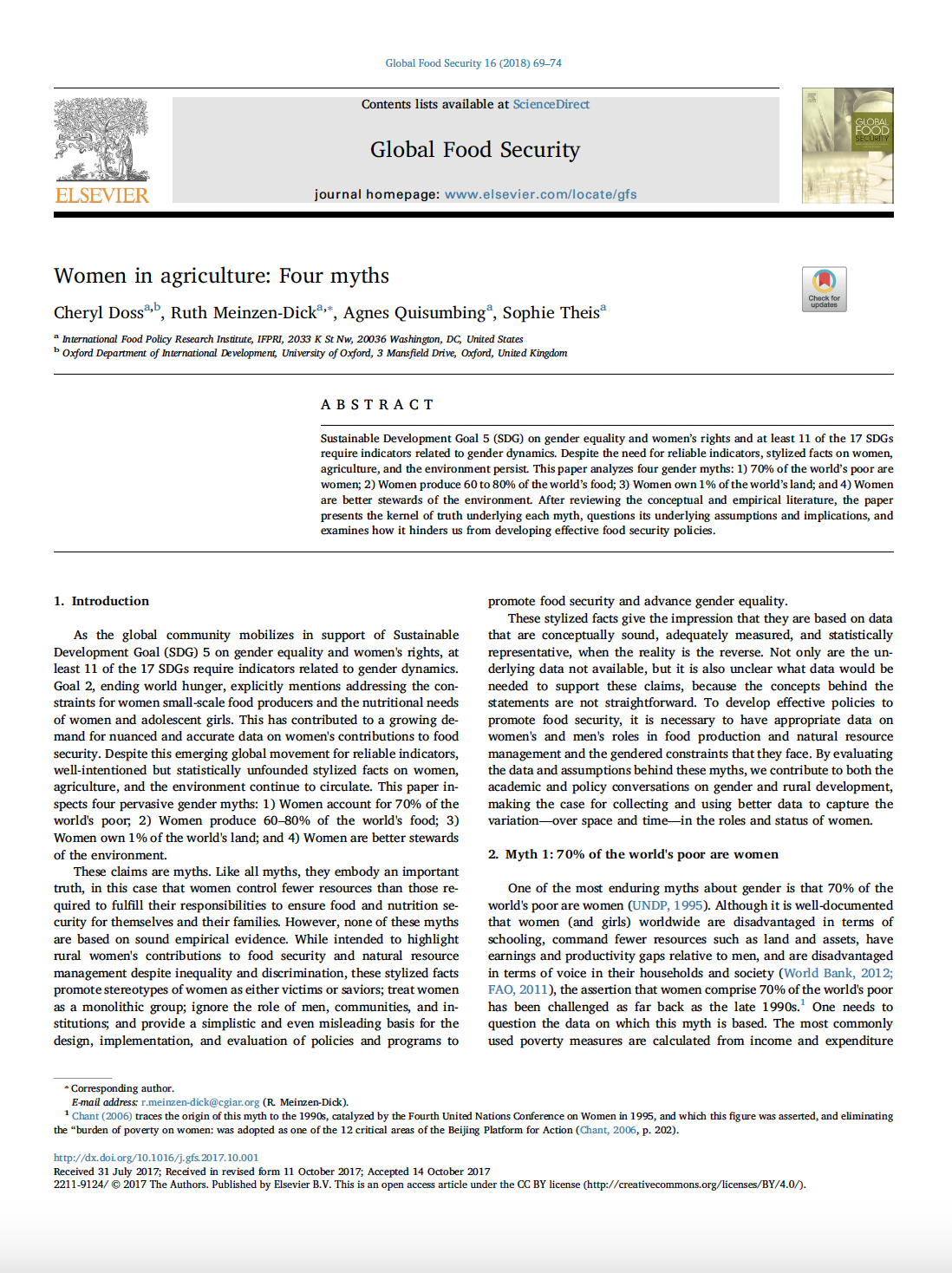ICARDA Annual Report 2017: Pathways to impact for building thriving and resilient communities in dry areas
Widespread heat waves, floods, and droughts last year were a strong reminder of the threats posed by climate change. In the non-tropical dry areas where ICARDA works we are becoming accustomed to record high temperatures and increasing water scarcity year on year. Resilience and climate change adaptation are at the heart of ICARDA’s new Strategic Plan 2017-2026 – a bold and ambitious effort to harness cutting-edge science and deliver the tools and technologies that smallholder farmers need to maintain agricultural production and protect their livelihoods.










